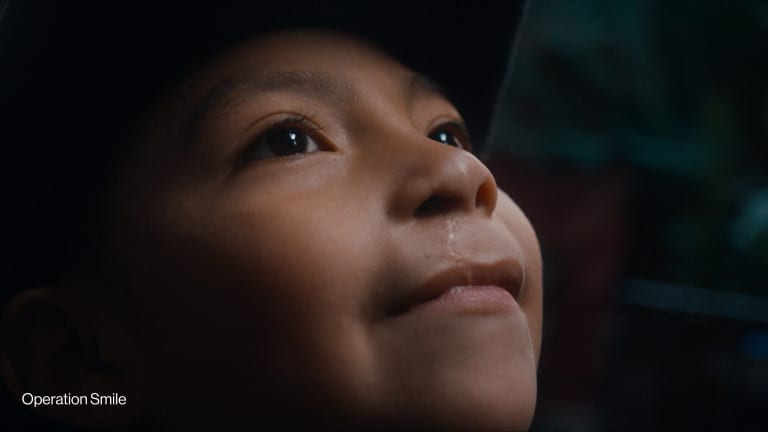In the context of climate change, the work of marine biologists is incredibly valuable, said Jessica Hodge, the marine research coordinator for the Maldives Underwater Initiative by Six Senses Laamu.
Marine biologists study marine life, organisms, and habitats, which are increasingly under threat amid climate change. During 2016 in the Maldives, a mass bleaching event — which can occur when rising sea temperatures cause corals to excrete algae that turns them white — damaged more than 60% of the country’s coral reefs, which is home to a variety of species.
“Without coral reefs, there's nothing to prevent the waves coming in from the ocean. And it's not necessarily always about protecting the animals … but it's also about protecting people's livelihoods and making a difference to the wider community as well,” Hodge said.








